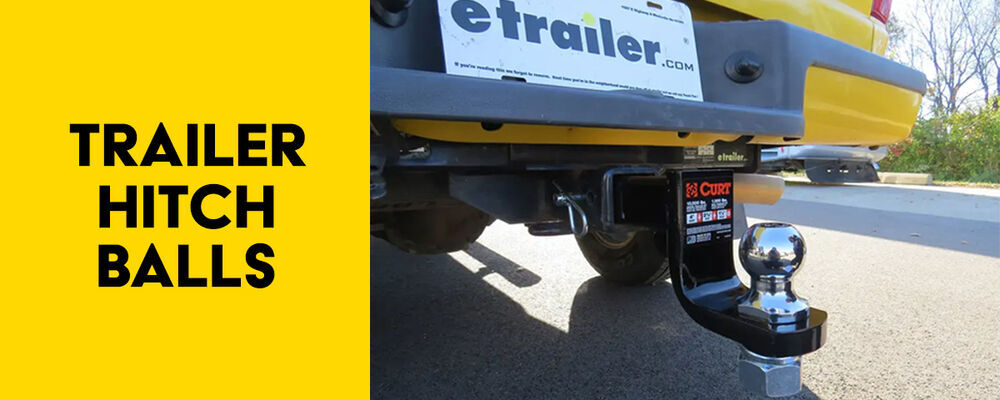
Trailer Hitch Balls
Choose a Hitch Ball to Fit Your Trailer and Ball Mount
Trailer Coupler Diameter and Capacity
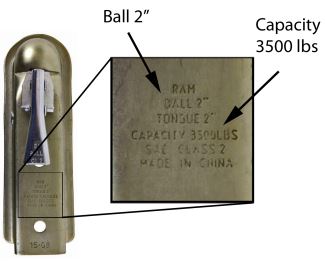
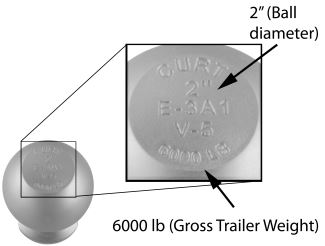
Hitch-Ball Shank Dimensions
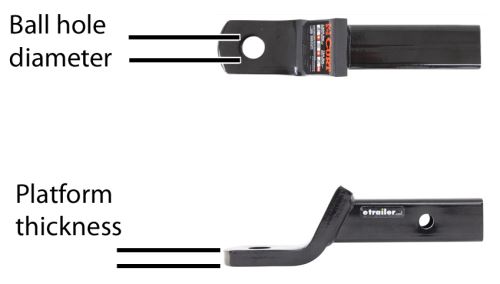
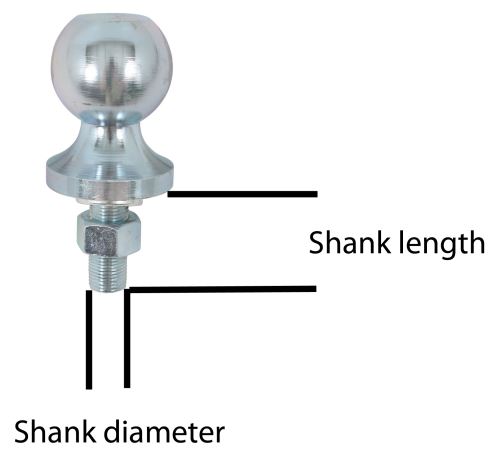
Hitch Ball Construction
Departments
Towing
- Trailer Hitch
- Fifth Wheel
- Gooseneck
- Towing a Vehicle
- Front Hitch
- RV Hitch
- ATV Hitch
- HD Truck Hitch
- Vehicle Wiring
- Brake Controller
- Ball Mounts
- Weight Distribution
Sports and Recreation
Trailer Parts
- Utility Trailer
- Boat Trailer
- Landscape Trailer
- Enclosed Trailer
- 5th/Camper Trailer
- Car Hauler
- Horse Trailer
Vehicle
Contact & Help

What our customers are saying:
"Very helpful/friendly Customer Service. Competitive Pricing. Shipping was Fast."
John
Mankato, MN


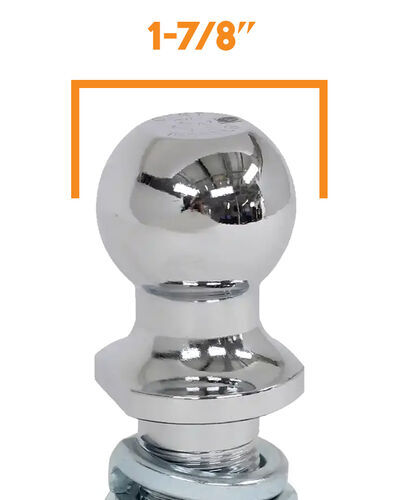
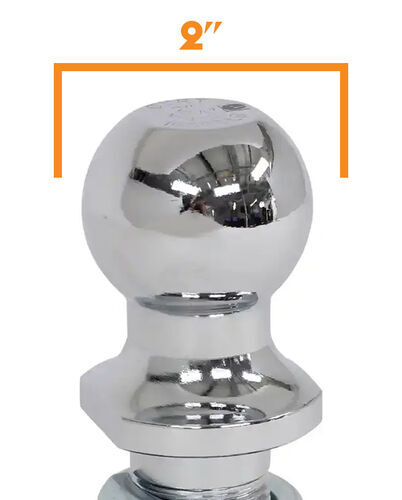
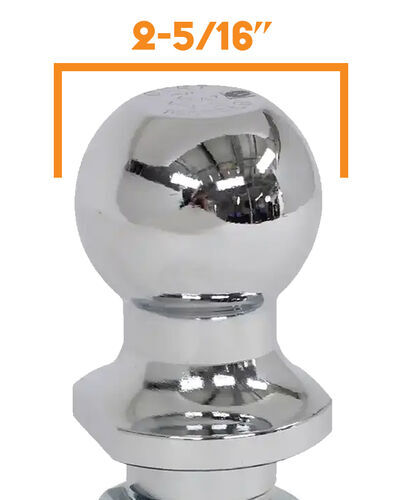
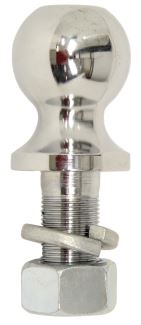
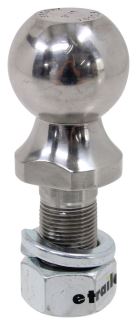
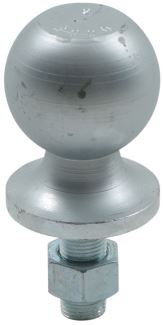
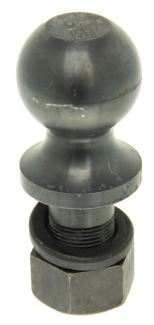
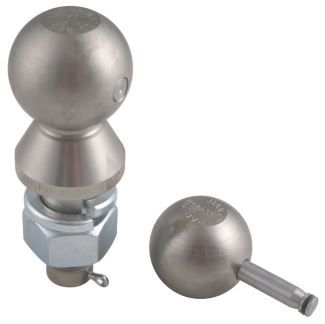

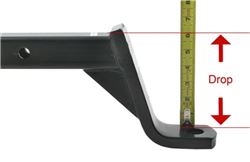
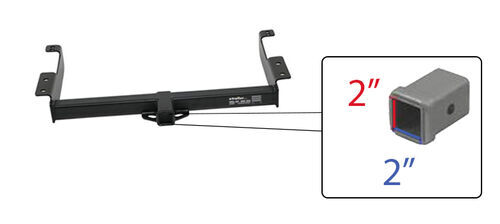


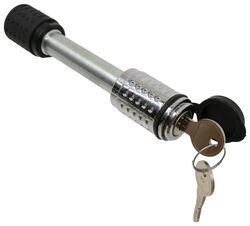

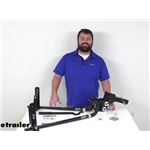











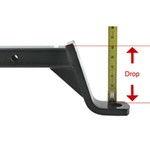
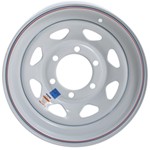



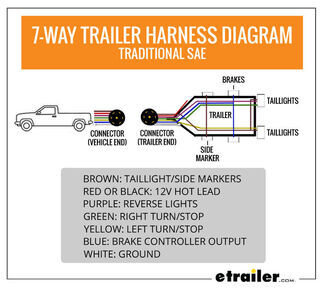
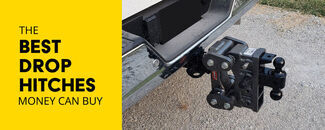
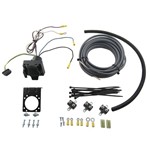


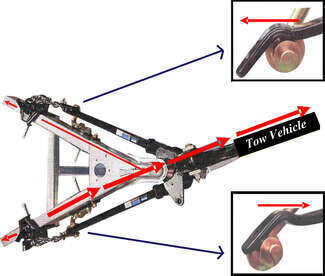
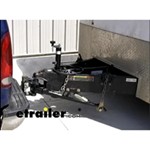
Jrtjh
10/6/2021
There is an error in your "shank diameter" graphics. The last one indicates a 2 5/16" shank diameter. That should be either 1" or 1.25" shank diameter... Otherwise, a good article.